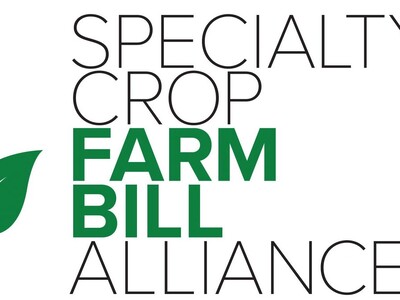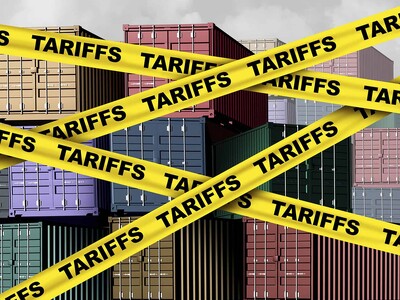GMO Labeling & Expanding Honeybee Gene Pool
GMO Labeling & Expanding Honeybee Gene PoolI'm Lacy Gray with Washington Ag Today.
Initiative 522, which would require foods containing genetically modified ingredients to be labeled as such, will be on the state ballot November 5th. In a September poll 66 percent of voters said they would vote for labeling. October 16th Washington Attorney General Bob Ferguson filed suit in Thurston County Superior Court alleging that the Grocery Manufacturers Association violated state campaign disclosure laws regarding the financing of its campaign to oppose Initiative 522. On Friday Ferguson announced that the GMA has agreed to disclose the financing of its campaign, eliminating the need to seek court intervention to compel such disclosure.
Sue Cobey works half the time as a WSU Extension entomology research associate and half the time with her own little business on the side doing artificial insemination of honeybees. Cobey explains why she does what she does.
COBEY: The focus of the research is we're bringing in germplasm, basically honeybee semen, from Europe - from their native range of three different subspecies, because if you look at the U.S.population there's a big genetic bottleneck that's related to the initial importation (which) was limited in 1922, so the bees that we have here are from that initial population. Then we've had these major collapses with tracheal mites and the Varroa mites and now the so called CCD phenomenon.
Cobey and her colleagues are working to improve the fitness and genetic diversity of the U.S. honeybee gene pool, but until recently that had proved challenging, because U.S. law restricts the importation of live insects.
COBEY: It was heavily restricted to prevent the introduction of tracheal mites, which it seemed to do for quite a long time, but now pretty much all these pest diseases are global, and semen is the safest way to move it.
Tomorrow Cobey will talk about efforts in creating the world's first bee sperm bank.
That's Washington Ag Today.
I'm Lacy Gray on the Ag Information Network.















